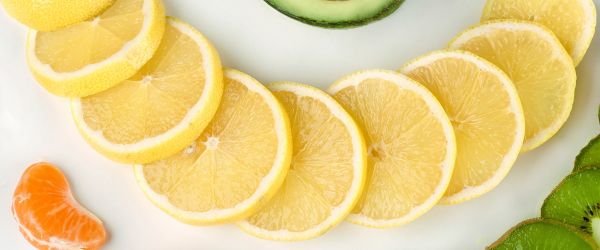Proper nutrient intake is essential for a healthy body, but not all foods provide all the necessary nutrients. Mistakes in our diet can lead to nutrient deficiencies, which increase the risk of diseases. Vitamins and minerals play a vital role in supporting our overall health and immunity. To meet our nutrient needs, it’s important to include a variety of foods in our diet. Unfortunately, many people lack awareness of nutrient-rich foods and the potential health consequences of nutrient deficiencies.
When our body lacks essential nutrients, it sends signals. Addressing these signals promptly and meeting our nutrient needs can help prevent major diseases. Today, we will discuss these indicators and their solutions.
1. Vitamin-C Deficiency
Brushing or consuming hard foods can cause bleeding gums, joint pain, and dryness of the body and facial skin. These symptoms indicate a deficiency of Vitamin C in our body. Vitamin C plays a crucial role in producing collagen in our body. Collagen is a type of protein that is predominantly present in our joints and the outermost layer of the skin.
It repairs damaged skin and helps maintain collagen tissues between the bones. Furthermore, Vitamin C is also necessary for the absorption of iron in our body. Therefore, when there is a deficiency of Vitamin C, it can also lead to a shortage of iron.
To fulfill the deficiency of Vitamin C, it is advisable to include any one of the following items in your daily diet: Aamla (Indian gooseberry), lemon, orange, or guava.
2. Hemoglobin Deficiency
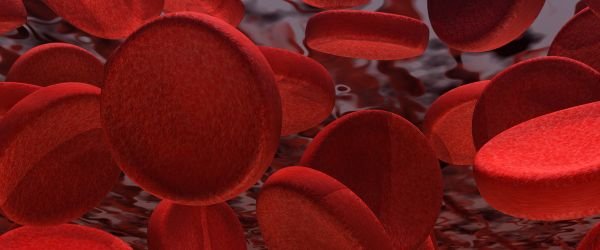
Yellowing of the skin, weakness, headaches, and a feeling of heaviness in the head may be attributed to a potential deficiency of iron and Hemoglobin. Iron is an essential component of Hemoglobin, which plays a vital role in the production of blood. Hemoglobin in the blood carries oxygen from the lungs to other parts of the body. Therefore, a lack of iron can lead to symptoms related to impaired breathing.
Foods such as nuts, seeds, spinach, beans, eggs, and beetroot are rich sources of iron. Hence, it is recommended to include at least one of these items in your diet to address the deficiency.
3. Calcium Deficiency

Weak teeth and brittle nails indicate a deficiency of calcium in the body. Prolonged calcium deficiency can also lead to conditions like arthritis.
Dairy products such as milk, yogurt, and cheese are rich sources of calcium. Additionally, broccoli, spinach, okra, and dried figs are also good sources of calcium.
4. Vitamin-D Deficiency

Frequent illness, depression, body aches, and bone weakness are signs of a deficiency in vitamin D in the body. This is because vitamin D assists in the proper absorption of calcium in the body. Therefore, when there is a lack of vitamin D, calcium cannot be effectively absorbed, resulting in a deficiency of calcium in the body as well. The main reason for a deficiency in vitamin D is inadequate exposure to sunlight. Individuals who spend most of their time indoors, such as in their homes or offices, and do not experience prolonged exposure to sunlight for several days are at a higher risk of vitamin D deficiency. This is because sunlight provides us with natural vitamin D.
Spending just 10-15 minutes in the sun can significantly replenish vitamin D levels. If one cannot get sufficient sunlight exposure, it is advisable to include a source of vitamin D in their diet, such as milk, mushrooms, cheese, or fatty fish like salmon. These foods also contain a good amount of vitamin D.
–> Avoid 5 Mistakes While Drinking Water
5. Vitamin – B Deficiency
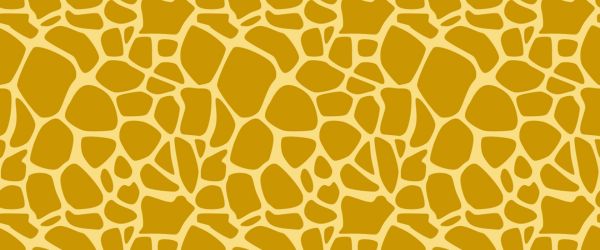
There are eight types of Vitamin B, and Among of them, Vitamin B12 is the one that is commonly deficient in most individuals. A deficiency of Vitamin B12 in the body can lead to symptoms such as nerve damage, yellowing of the body, and anemia. Unfortunately, vegetarian food sources do not contain significant amounts of Vitamin B12.
To address this deficiency, one can include certain foods in their diet, such as animal liver, milk, eggs, chicken, salmon, and mackerel. These foods are rich in Vitamin B12 and can help fulfill the deficiency.
6. Vitamin – B1, B2, B3, B6 Deficiency

If you are experiencing symptoms such as blurred vision and irritability, it may indicate a potential deficiency in Vitamin B1. Additionally, the presence of ulcers on the lips or cuts and cracks on the sides of the mouth could be associated with insufficient levels of Vitamin B2. The occurrence of red spots around the mouth and fissures in the oral area might be indicative of a deficiency in Vitamin B6. Furthermore, digestive disturbances and impaired wound healing could be potential signs of inadequate Vitamin B3 levels.
To address the deficiencies of Vitamin B1, B2, B6, it is advisable to incorporate nutrient-rich foods into your diet. This includes a variety of fruits, vegetables, dry fruits, milk, and oats to enhance your intake of these essential vitamins.
For the replenishment of Vitamin B3, it is recommended to include sources such as lean chicken breast and whole grain brown rice in your dietary choices.
7. Biotin(Vitamin B-7) Deficiency
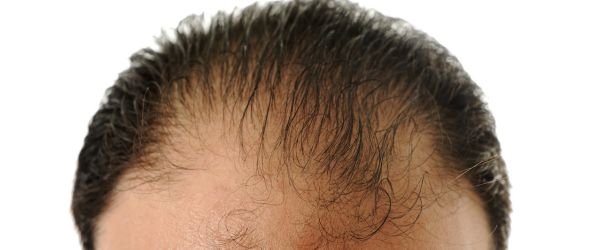
Let’s delve into some information about Biotin – Biotin, also known as Vitamin B7, is a type of B-complex vitamin. Inadequate levels of biotin in the body can lead to various issues such as brittle hair, dry skin, hair loss, and sleep disturbances. It’s important to note that hair loss can be caused by other factors as well, not solely due to biotin deficiency.
While most individuals do not experience a deficiency in biotin, certain people may have low levels due to factors such as consuming raw eggs or certain medical conditions. Raw eggs contain a protein called avidin, which binds with biotin and inhibits its absorption in the body. Prolonged consumption of raw eggs could potentially result in biotin deficiency.
To address the deficiency of biotin, incorporating foods such as almonds, tomatoes, walnuts, carrots, and spinach into your diet can be beneficial.
8. Vitamin-E Deficiency
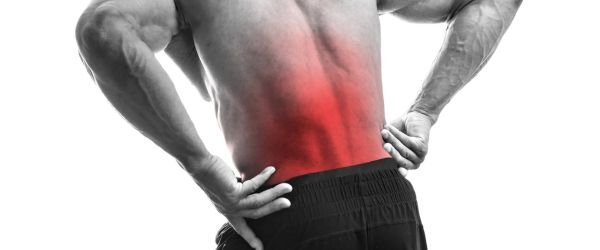
Vitamin E deficiency is not commonly observed in most individuals; however, when it occurs, it can lead to muscle weakness and frequent body pain. Vitamin E is an excellent antioxidant and is essential for maintaining healthy skin and hair. Therefore, addressing its deficiency is important.
To fulfill the deficiency of vitamin E, incorporating foods such as pumpkin seeds, almonds, sunflower seeds, and spinach into your diet can help replenish vitamin E levels.
9. Vitamin-A Deficiency

Let’s learn about Vitamin A. Deficiency of this Vitamin-A is not commonly observed in most individuals. However, if it occurs, it can be indicated by the presence of certain symptoms such as white spots on the eyes or reduced night vision.
To address Vitamin A deficiency, you can incorporate foods like sweet potatoes, carrots, broccoli, and spinach into your diet. These foods are rich in Vitamin A and can help replenish its levels in the body.
10. Zinc Deficiency

Let’s learn about zinc. Zinc deficiency can lead to slow wound healing, persistent acne breakouts, and various skin problems such as eczema. To address zinc deficiency, you can include foods like milk, yogurt, chicken, eggs, and pumpkin seeds in your diet. If you have excessive pimples on your face, consuming pumpkin seeds can be particularly beneficial.
In this article, we have discussed various issues such as hair loss, digestive problems, pimples on the face, knee pain, eczema, cracked heels, and weak eyesight. While these issues can be related to a deficiency in vitamins, there may be other factors involved as well. It is important to understand each topic in detail. I have created detailed videos on some of these topics that you can watch on my channel.
The main purpose of this article is to encourage you to maintain a balanced diet and avoid relying too heavily on any particular food item. Incorporating the foods I mentioned into your diet in moderate amounts will be beneficial for your body.
Please note that the information provided is for educational purposes, and it’s always recommended to consult with a healthcare professional for personalized advice and guidance.


